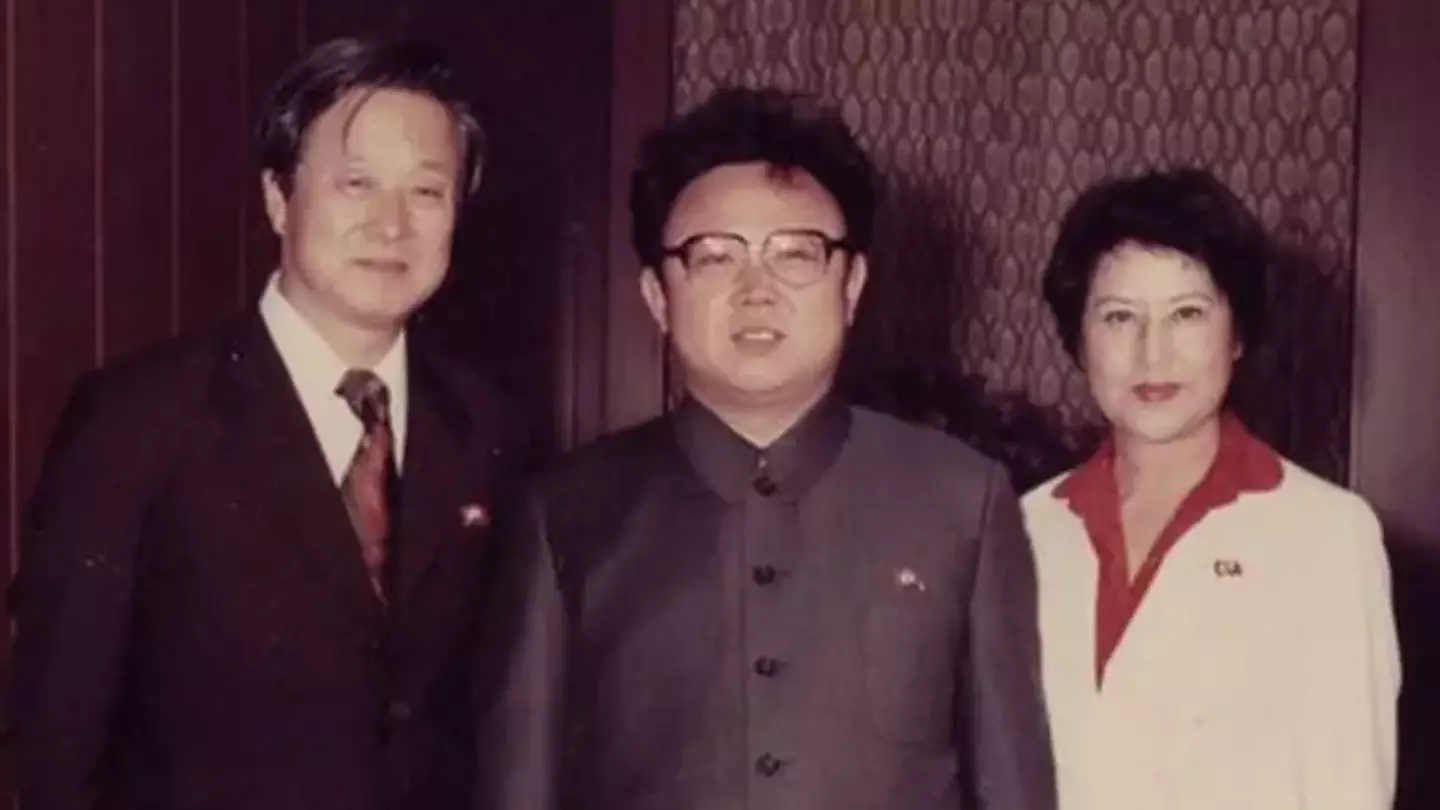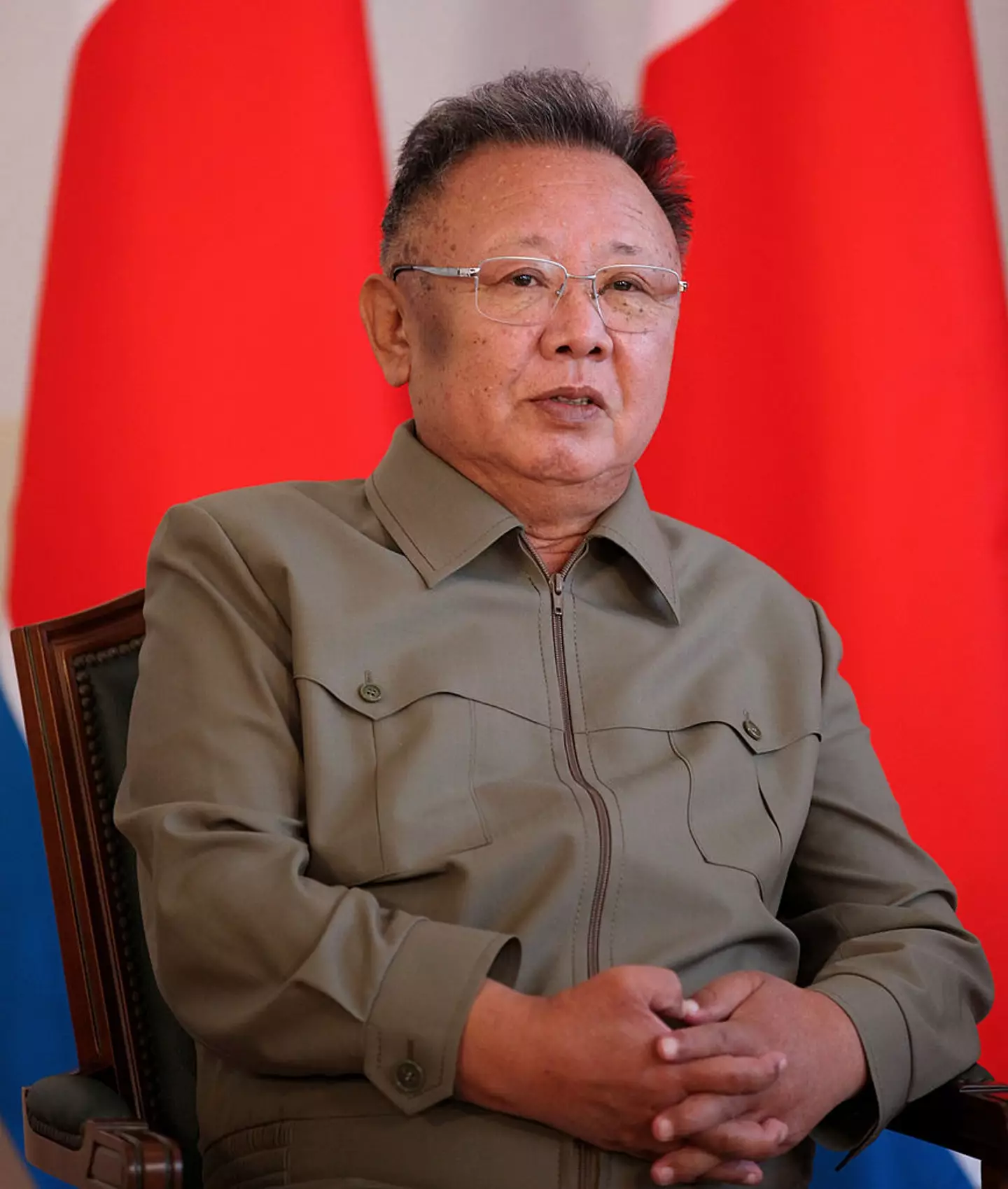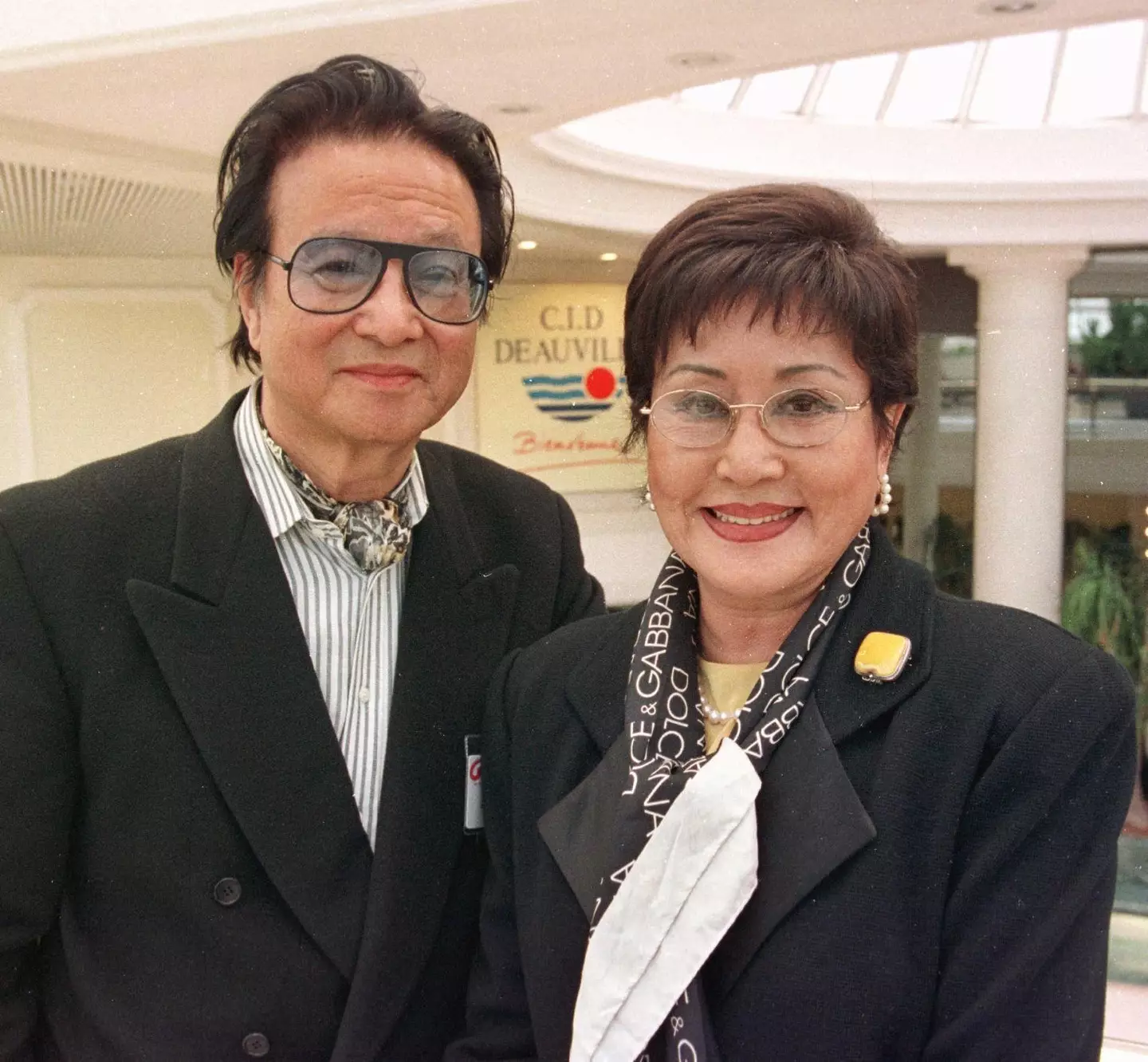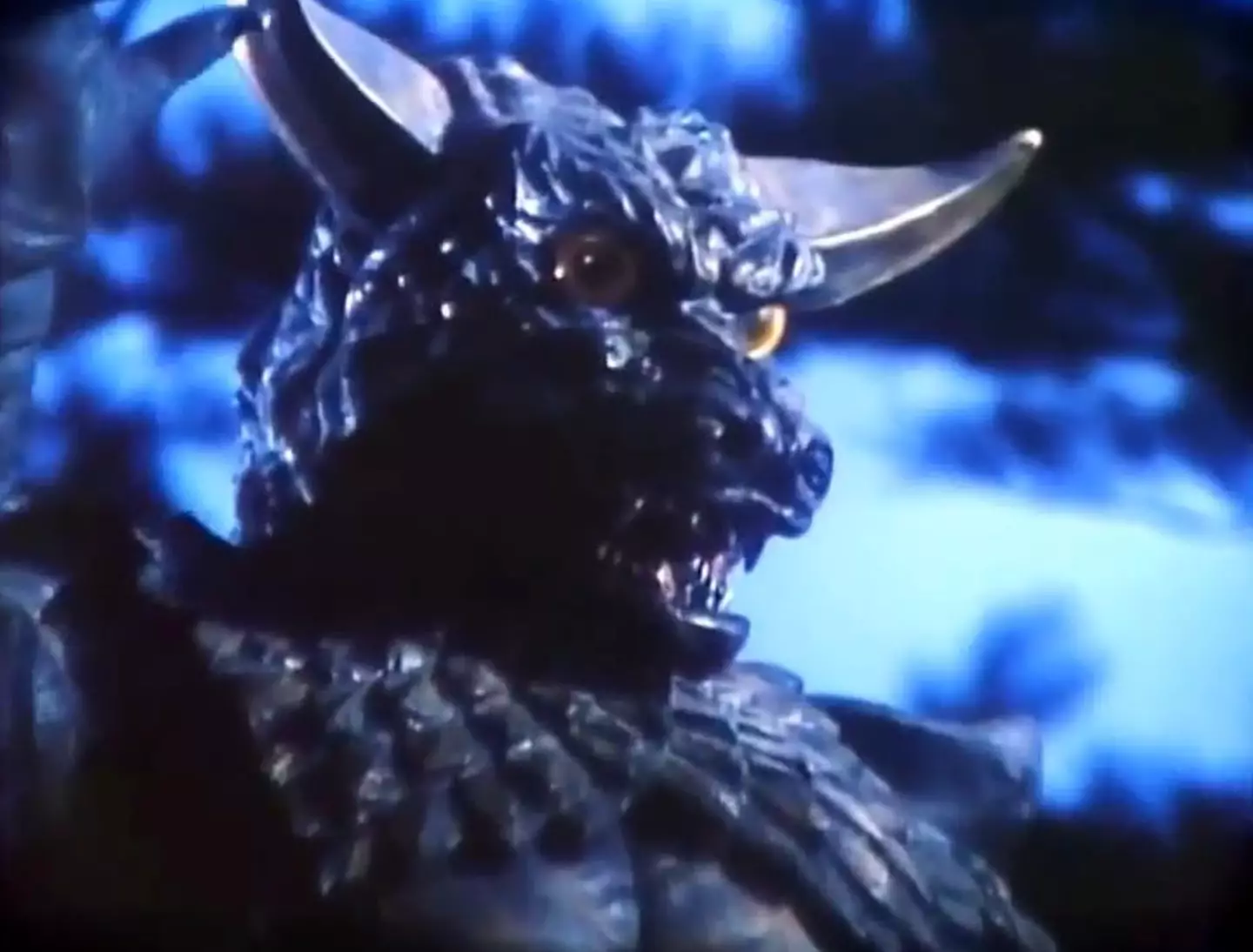
When it comes to having a lasting film legacy, North Korea is likely one of the countries you'd least expect to make waves in the entertainment business.
For what little is known about the country, its military prowess regarding their missiles and war ships and strict rules for its citizens are more well-known that any media produced there.
But in comparison to what other countries, neighbouring and internationally, have produced over the years, North Korea weren't producing the same standard of film - and no one was more aware of this than it's former leader, Kim Jong-il.
Advert
A certified film fanatic with a collection of reportedly over 20,000 videos and DVDs including everything from westerns to monster movies, Kim was reportedly disappointed in the movies being produced in North Korea, so he decided to take matters into his own hands.
North Korea's failing movie industry

In his 1987 essay, titled 'The Cinema and Directing', the Supreme Leader wrote about the power of cinema, describing it as 'an important place in the overall development of art and literature'.
"As such it is a powerful ideological weapon for the revolution and construction," he added (via the BBC).
Advert
In order to create his 'powerful ideological weapon', Kim wasn't going to find it in his home country, so he looked elsewhere - to South Korea.
Where North Korea was failing, South Korea was succeeding with a 'golden age' of movies, with 1960's Aimless Bullet and 1961's The Coachmen all gaining critical acclaim in domestic and international markets.
The Coachman, which is about what the title suggests, made the distinct honour of being the first South Korean film to win a major award overseas after snatching the Special Jury Prize at the Berlin Film Festival in 1961.
One of the era's most celebrated filmmakers was Shin Sang-ok, who, by 1978, had dozens of films under his name, and he was married to actor Choi Eun-hee who'd starred in a few of his films after their marriage in 1954.
The kidnapping of Choi Eun-hee and Shin Sang-ok

Advert
In 1978, Choi was invited to partake in a project by a man in Hong Kong, and with her career starting to stagnate, she accepted the job. However, when she arrived, Choi was sedated and smuggled onboard a ship to Pyongyang.
Following her disappearance, Shin - now her ex-husband - went on a search to find her, but that was seemingly part of Kim's plan, and the two both found themselves confined in the country's capital city, with Choi staying in a luxurious villa, while Shin was reportedly kept in a male prison on a diet of 'grass, salt and rice' after attempting to escape.
Kim believed their combined talents could revitalise North Korea's film industry, reportedly telling them in a meeting: "I acknowledge that we lag behind in filmmaking techniques. We have to know that we are lagging behind and make efforts to raise a new generation of filmmakers."
With little to no options left, Shin and Choi made a few films - which were essentially propaganda pieces - however, one stood out amongst the rest, a 1985 film called Pulgasari.
The history of Pulgasari
If you've seen Godzilla, then Pulgasari is no different, except instead of nuclear weapons being the cause for the monster, this one just loves to eat metal.
The film's plot focuses on the people's revolt against a selfish king, with Pulgasari aiding them in this quest.
Advert
Reportedly sinking an estimated $2 million into production, Kim even persuaded a few filmmakers who'd worked on the Godzilla franchise to assist with the picture, according to Mental Floss.
Before CGI was a thing, Godzilla was played by a person in a suit, and for Pulgasari, this role fell to Kenpachiro Satsuma, who was the second suit actor for Godzilla.
After six years, Choi and Shin were eventually able to escape after seeking asylum in the US under the pretence of a business trip in 1986 - leading to Pulgasari being banned in North Korea, which is still in place today.

Of their experience, Shin wrote: "To be in Korea living a good life ourselves and enjoying movies while everyone else was not free was not happiness, but agony."
Advert
Shin died in 2006, with Choi passing away herself in 2018. North Korea themselves also denied the kidnapping claims, instead saying the two had sought sanctuary there.
Ultimately, Kim got what he wanted as Pulgasari has become a fascination of North Korean cinema, even if online reviews of it on IMDb are a bit mixed, with some calling 'excellent' while others say its production overshadows the film itself.
For those curious enough to watch it, it's available to watch online, with a few people having uploaded the entire thing to YouTube.
Topics: TV and Film, World News
